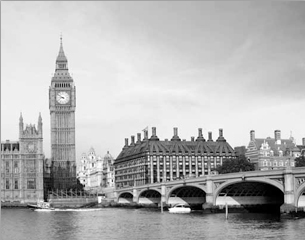The industry has welcomed the chancellor’s announcement that there will be a ‘call for evidence’ into pensions tax relief administration, which will cover the ‘net pay anomaly’.
However, some providers have called for more urgent action, rather than a review which is likely to mean solutions are not implemented until at least April 2021.
Hymans Robertson partner Sue Waites welcomed this decision. She says: “Today’s move by the Treasury is a long-overdue step to level the pensions playing field amongst lower earners.
“Employees currently have no say over which kind of scheme they are enrolled into and as a result could be missing out tax relief available through no fault of their own. We estimate that this anomaly could be affecting hundreds of thousands across the country as only a handful of the major master prusts operated on the more generous ‘relief at source’ system.”
Smart Pension director of policy Darren Philp says: “We welcome the review that was promised in the manifesto.
“It is just not right that 1.7m low paid individuals are being hit in the pocket due to a quirk in the pensions tax relief system. When the government introduced auto enrolment they made it clear that people would benefit from a contribution from the government if they were auto enrolled. This review needs to deliver on that commitment.”
Aegon pensions director Steven Cameron adds: “We’re pleased that the Budget mentions one of the greatest injustices in the pensions tax relief system, which currently means low earners who are not paying income tax in certain ‘net pay’ workplace pension schemes are not receiving the 20 per cent tax relief on their pension contributions to which they are entitled.
“However rather than introducing an immediate remedy, the government is to issue a consultation which means this is unlikely to be sorted before April 2021 as implementing change in the tax year would be highly problematic.
“This means low earners face another year in which their pension contributions will be losing out on tax relief which is one of the main benefits of pension saving.”
The Budget also confirmed that there would be no increase to the current rate of Insurance Premium Tax (IPT).
The British Insurance Brokers’ Association chief executive Steve White welcomed the decision. He says: “Not changing the current rate – already at a significant 12 pence in the pound of every premium paid will help businesses and consumers to afford the insurance protection they need We will, however, bear in mind that the Chancellor has not explicitly frozen the rate and we will continue to campaign for Government to freeze, if not reduce, the rate of IPT for the remainder of this Parliament.”





